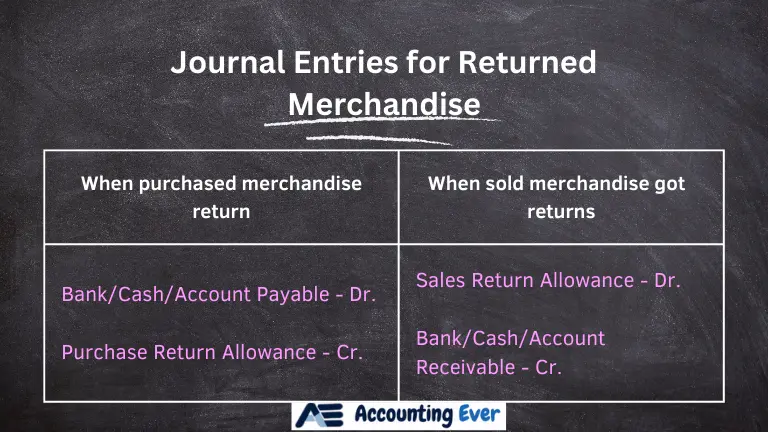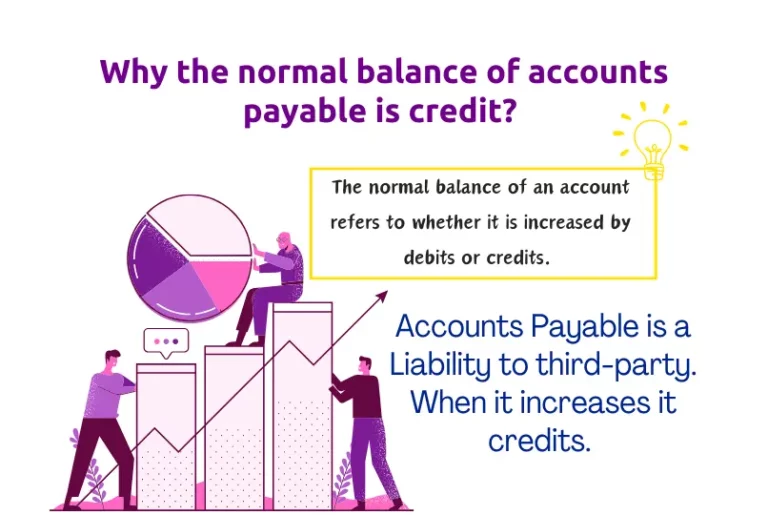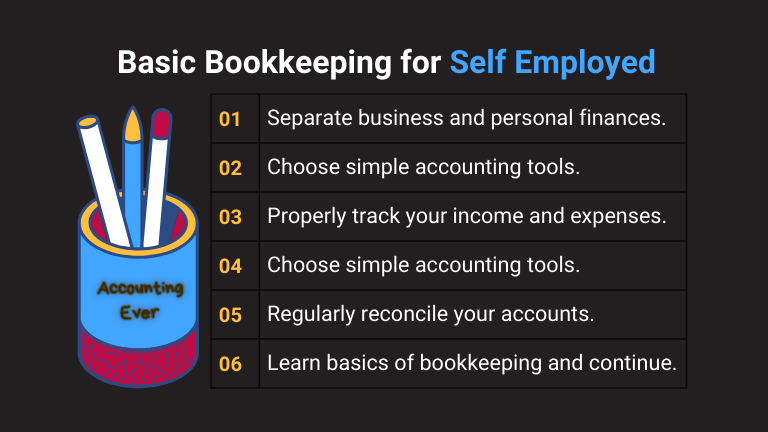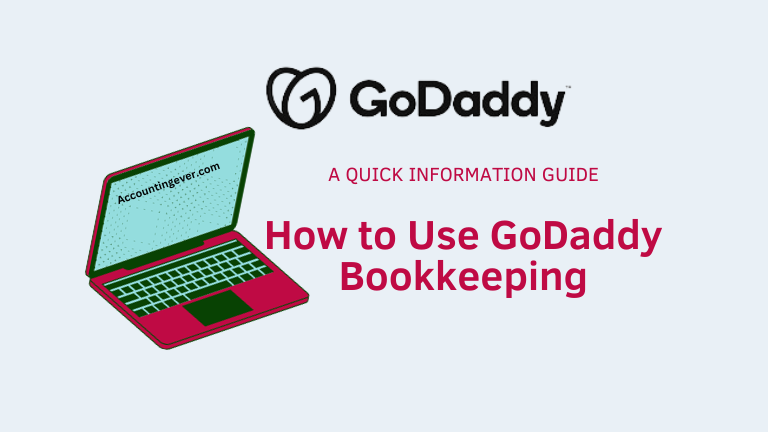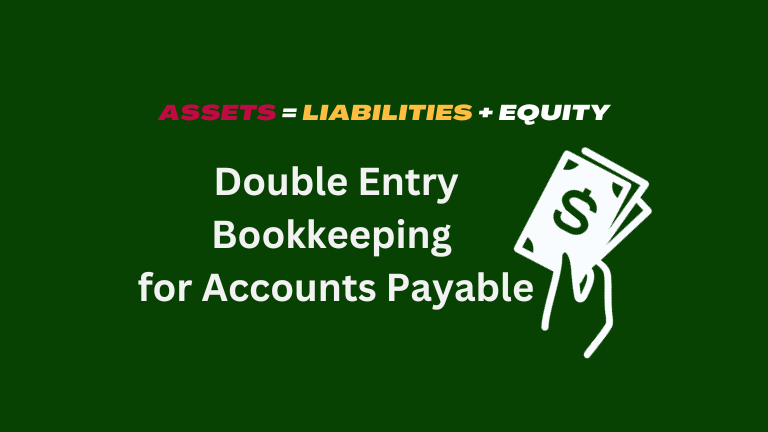How to properly separate personal and business bookkeeping?
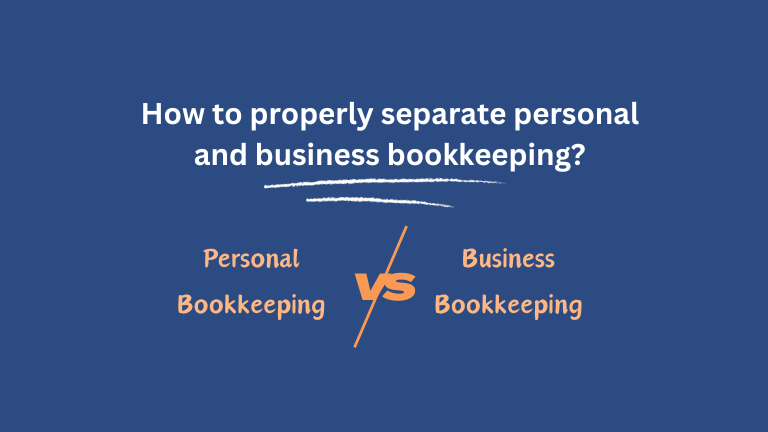
Properly separating personal and business bookkeeping is crucial for maintaining accurate financial records, ensuring compliance with tax regulations, and gaining a clear understanding of your business’s financial health.
Here are some steps you can take to achieve this separation:
1. Open Separate Bank Accounts:
Open a dedicated business bank account for all your business transactions.
Avoid using personal accounts for business expenses or vice versa.
2. Use Separate Credit Cards:
Obtain a business credit card for all business-related expenses.
Keep personal expenses separate by using a different credit card.
3.Maintain Clear Records:
Keep meticulous records of all transactions, including receipts and invoices.
Clearly label and categorize each transaction as personal or business.
4. Set Up a Bookkeeping System:
Use accounting software to organize and track your financial transactions. Popular options include QuickBooks, Xero, and FreshBooks.
Establish separate categories for personal and business expenses.
5. Create a Chart of Accounts:
Develop a chart of accounts that clearly distinguishes between personal and business expenses.
This will make it easier to generate accurate financial reports.
6. Establish a Salary or Draw:
If you’re a sole proprietor or a member of a partnership, determine a regular salary or draw for personal use.
Record this as a business expense to ensure proper accounting.
7. Regularly Reconcile Accounts:
Reconcile your bank and credit card statements regularly to catch any discrepancies.
Ensure that all transactions are accurately categorized.
8. Consult with a Professional:
Consider hiring a professional accountant or tax advisor to set up your accounting system and provide guidance.
They can help you understand the tax implications of different transactions and ensure compliance with regulations.
9. Educate Yourself:
Familiarize yourself with basic accounting principles to better understand your financial records.
This knowledge will help you make informed decisions for both personal and business finances.
10. Use Accounting Software Features:
Take advantage of features within your accounting software that allow you to separate personal and business expenses easily.
11. Avoid Mixing Funds:
Resist the temptation to use business funds for personal expenses or vice versa.
This helps maintain the integrity of your financial records.
12. Regularly Review Finances:
Schedule regular reviews of your financial statements to identify any issues and make informed decisions for both personal and business finances.
Bottom Line
By following these steps, you can establish a clear separation between your personal and business finances, making it easier to manage and analyze both aspects of your financial life.
